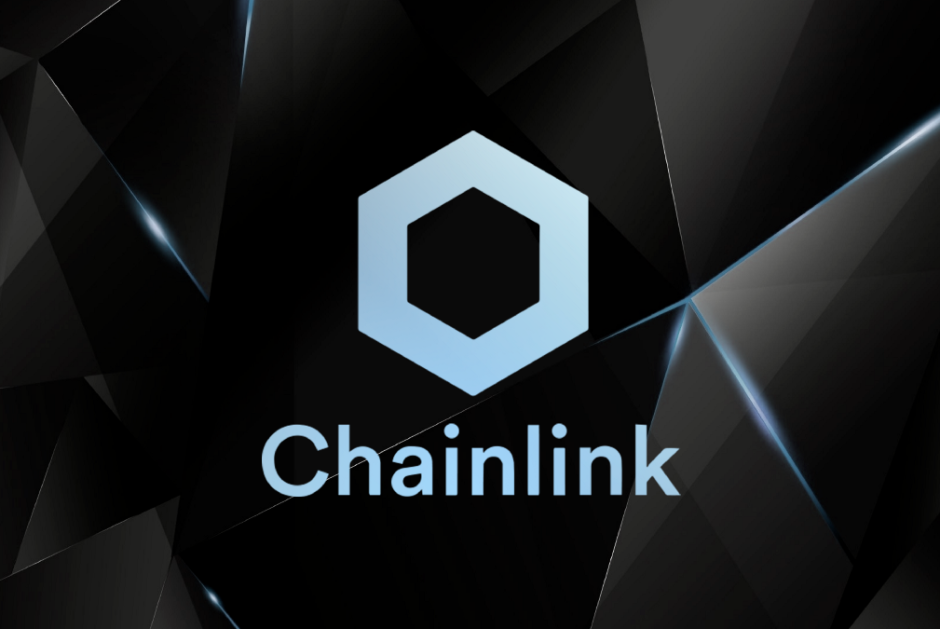About Chainlink

Chainlink is an Ethereum-based decentralized oracle network that connects blockchain smart contracts to real-world data inputs from external sources. It can verify whether the contract’s parameters are being met based on a wide range of events scores, payments, etc. This allows for trustless verification between the off-chain and on-chain worlds.
Below are some key facts to know about Chainlink and its main blockchain features:
Chainlink is a blockchain-powered oracle platform that connects smart contracts with real-world off-chain data.
Chainlink provides the ability to develop decentralized oracle systems which can act as inputs and outputs for smart contracts.
The project’s mainnet launched in 2019, two years after Sergey Nazarov and Steve Ellis first came up with the decentralized oracle network.
Out of the total LINK supply, 35% was distributed through the Chainlink token sale. Initially, each LINK cost about $0.09.
In 2022, the Chainlink team announced their plans for “Economics 2.0“, a set of goals designed to improve the ecosystem. One of the key features of this plan was LINK staking, which allows users to earn rewards for holding onto their tokens.
Chainlink allows you to connect smart contracts with decentralized trusted notes, which can be used to automatically serve real-world data. With Chainlink automation, smart contracts can act on this data without any outside intervention.
Chainlink’s aim is to be the solution for the “oracle problem” for smart contract-enabled blockchains, such as Ethereum. With smart contracts, you can run code in a decentralized and trustless way when predetermined conditions are met.
However, a problem occurs when smart contracts have to make use of real-world data. The execution of the smart contract may be decentralized and trustless, but the feeding “oracles” can easily be manipulated or otherwise untrustworthy.
Chainlink operates decentralized oracle networks to provide inputs and outputs for smart contracts. These networks include multiple independent nodes, a way to collect data agreement amongst those nodes, and external adaptors with access to APIs.
The LINK token is an ERC-677 standard token that runs on the Ethereum platform. It has all the features of an ERC-20 token, plus some additional ones. LINK tokens are used to compensate node operators, who also use them as collateral. If they submit bad data, they lose their LINK tokens. In 2022, staking was added as another way to earn rewards from holding the LINK token.
The idea for the decentralized oracle network was first proposed in a 2017 white paper by Sergey Nazarov, Steve Ellis, and Ari Juels. The same year saw the start of the Initial Coin Offering (ICO) for LINK tokens -the project’s native currency- with a hard cap at $32 million.
A year after Chainlink’s integration with Town Crier, a blockchain oracle service connecting Ethereum to HTTPS-using web pages has completed.
Chainlink launched in 2019 as a smart contract-servicing network. In 2020, Chainlink integrated with DECO, a zero-knowledge-proof protocol co-developed by Cornell University and Juel. The ZKP technology allows oracles to prove whether the information is correct without having to reveal it at any point.
In 2021, a second Chainlink whitepaper was published – called Chainlink 2.0: Next Steps in the Evolution of Decentralized Oracle Networks – which delved into the function of decentralized oracle networks, hybrid smart contracts, and on-chain/off-chain connecting services.